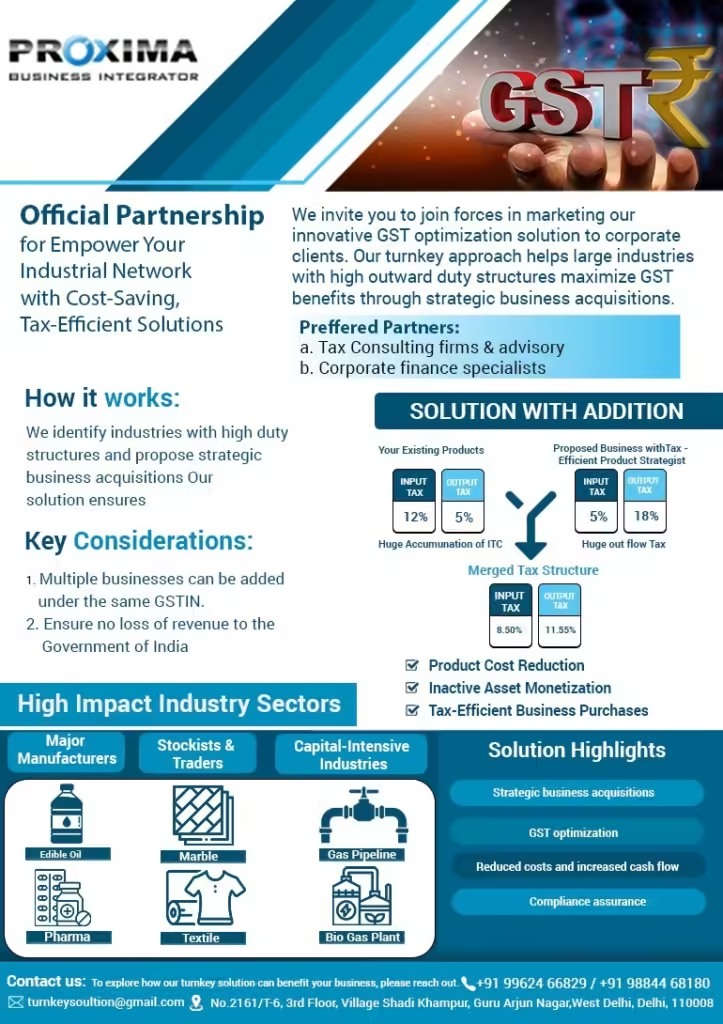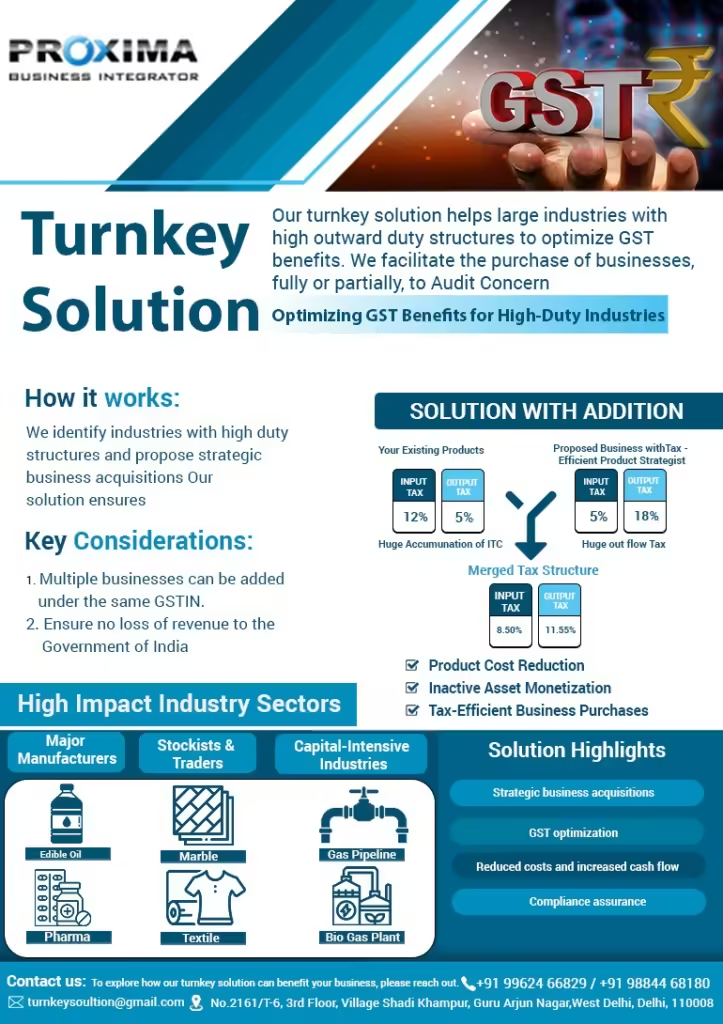In a major relief to Honda Motors, the Allahabad Bench of Customs, Excise and Service Tax Appellate Tribunal (CESTAT) has held that the CENVAT Credit, which pertains to input services exclusively used in dutiable goods, is not required to be included in the “total CENVAT Credit” for apportionment between exempted services and dutiable goods.
The bench of P.K. Choudhary (Judicial Member) and Sanjiv Srivastava (Technical Member) has observed that the Department has raised the dispute interpreting the term “total Cenvat credit” provided in the formula under Rule 6(3A)(b)(ii) to include even that credit which pertains to those services which has been exclusively used in manufacture of dutiable goods. Such an approach by the Department is incorrect and is violative of the principles of Rule 6(1) of the Cenvat credit Rules, 2004 (C.C.R.2004).
Table of Contents
Background of Honda Motors
The Appellant/assessee has availed and utilized the Cenvat credit earned on input services for discharging its duty liability, in terms of the provisions of the Credit Rules. In addition to this, the Appellant is also engaged in trading of goods, which is an exempted service and thus, no Cenvat credit was availed by the Appellant on the input services, which were exclusively used for trading activity.
However, certain input services, on which Cenvat credit was availed, namely, Warehouse Support Services, Goods Transport Agency (inward freight), Renting of Warehouse, Legal & Consultancy Services etc., were used by the Appellant in both manufacture of dutiable goods and provision of exempted services i.e. trading.
The common Cenvat credit was availed by the Appellant, following the procedure of proportionate reversal of Cenvat Credit amount attributable to exempted service under Rule 6(3A) of the CENVAT Credit Rules, 2004 as per the formula prescribed therein, under due intimation letter filed at the beginning of each Financial Year, to the Excise Range Office.
An Audit of the Appellant’s records was conducted by the Department for the period April 2013 to March 2014. The audit team raised an objection that the Appellant had short reversed an amount of Rs. 2,93,347/- towards Cenvat credit under Rule 6(3)(b) of the C.C.R.2004 as the Appellant took into consideration only the credit on ‘common input services’ instead of total Cenvat credit.
However, the amount was deposited by the Appellant by way of reversal of Cenvat credit under protest.
Read More: IS REDEMPTION FINE ON RE-EXPORT IMPOSABLE? KNOW 2 CONTRADICTORY RULINGS
It was alleged that while reversing proportionate Credit under Rule 6(3)(ii), the Appellant had only considered the amount of Cenvat credit “attributable to the common input services” used in both-the manufacture of dutiable goods as well as provision of exempted service (i.e. trading), instead of taking into consideration the total Cenvat credit taken on all input services including the common input services, for the purpose of such reversal.
Thus, it was alleged by the Department that such computation adopted by Appellant has resulted into short reversal of an amount determined under Rule 6(3A) of the C.C.R.2004.
Based on such audit objections, a Show Cause Notice 2dated 22.07.2015 was issued to the Appellant, proposing to recover the short-paid amount of Rs. 9,11,357/- determined under Rule 6(3A)(b) of the C.C.R.2004, along with interest and penalty.
The reply to the SCN was duly filed on 20.11.2015 by the Appellant, elaborating the rationale behind using common Cenvat Credit and also stated the Circular No. 754/70/2003-CX dated 09.10.2003 and Circular No. 868/6/2008 -CX dated 09.05.2008 in support.
The circular clarified that input services exclusively relating to manufacture of dutiable goods is eligible for Cenvat credit under Rule 3 of the CCR. Rule 6 only imposes an obligation not to avail Cenvat credit on input services relating to provision of exempted services and manufacture of exempted goods.
The commissioner upheld all the allegations contained in the SCN and confirmed the demand raised in the SCN, alongwith interest and also imposed penalty.

Issue Raised
The issue raised was whether the CENVAT Credit, availed on the input services used exclusively in the manufacture of the dutiable goods, was required to be included in the numerator for apportioning the common credit between the exempted service (trading) and dutiable goods.
Conclusion In Favour of Honda Motors
The tribunal held that the CENVAT Credit, which pertains to input services exclusively used in dutiable goods, is not required to be included in the “total CENVAT Credit” for apportionment between exempted services and dutiable goods. It has been held that for apportionment of CENVAT Credit, only such credit which was availed on input service used commonly in exempted service and dutiable goods has to be taken into consideration.
The tribunal while allowing the appeal held that to invoke proviso to Section 73(1), the conditions stated therein is required to be fulfilled, it should be proved that the Appellant had, by some positive act, suppressed the fact from the department with an intention to evade irregular Cenvat credit. There is no suppression of facts.
The tribunal held that since the demand of Cenvat Credit itself is not sustainable, penalty is not imposable and consequently, no interest is also recoverable.
Case Details
Case Title: M/s Honda Motor India Pvt. Ltd. Versus Commissioner, GST & Central Excise, Gautam Budh Nagar
Case No.: Excise Appeal No.70347 of 2018
Date: 09.10.2024
Counsel For Appellant: Ushmeet Kaur Monga
Counsel For Respondent: Sandeep Pandey













